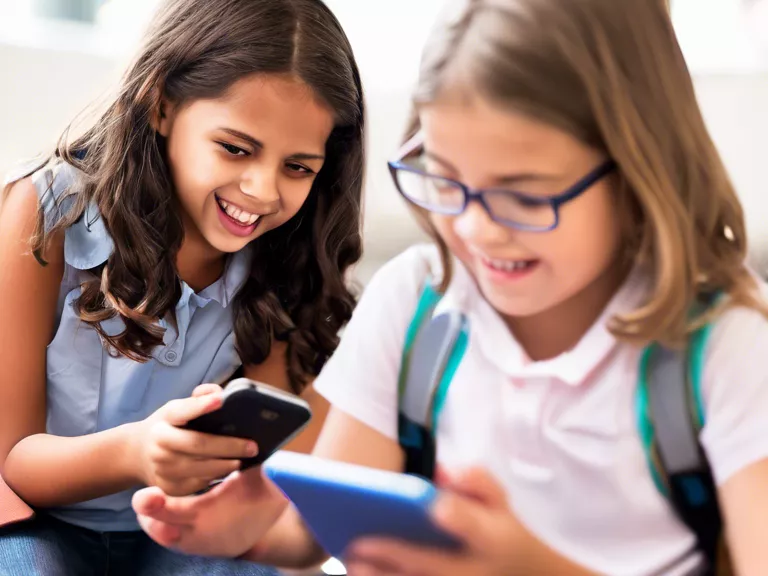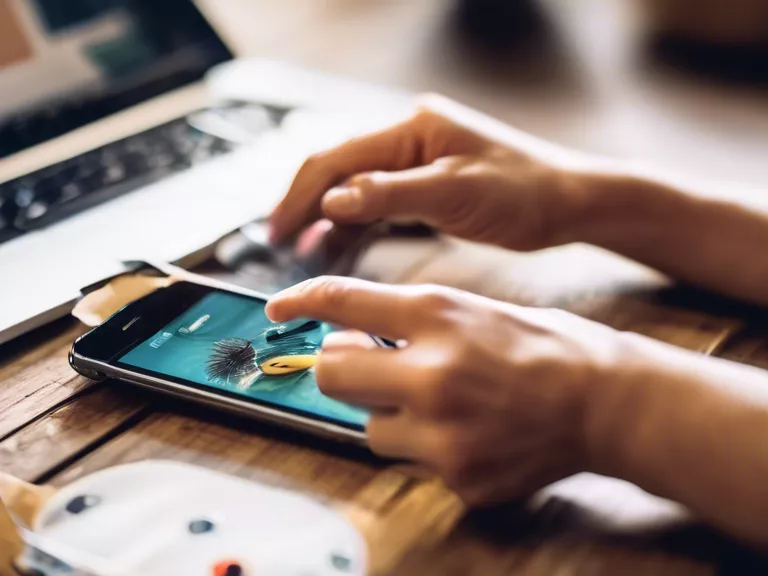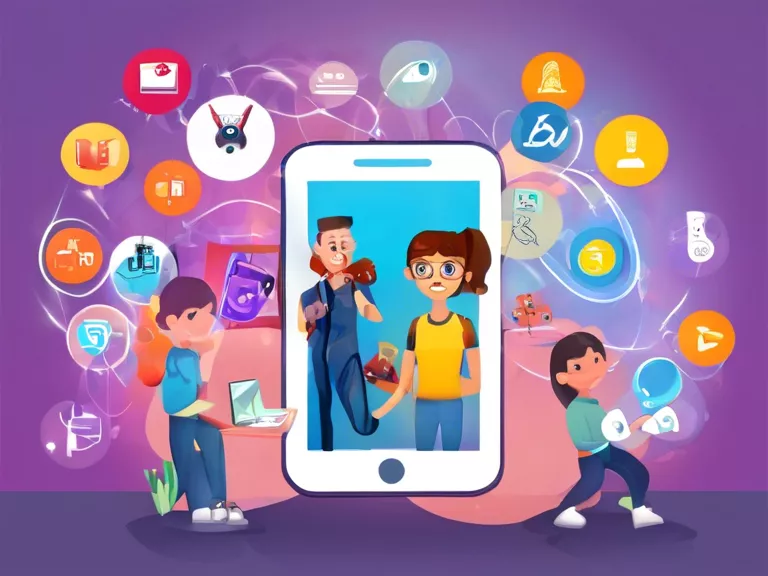
With the rise of mobile technology, education has become more accessible and personalized than ever before. Mobile education apps offer a wide range of opportunities for creating personalized learning experiences for students of all ages. Here are some tips on how to utilize these apps effectively to cater to individual learning styles and preferences.
1. Identify learning goals
Before diving into using mobile education apps, it's crucial to identify the specific learning goals you want to achieve. This could be mastering a particular subject, improving specific skills, or preparing for a test. By setting clear objectives, you can tailor the learning experience to meet those goals.
2. Choose the right apps
With the abundance of educational apps available, it's essential to select ones that align with your learning goals and preferences. Look for apps that offer interactive lessons, quizzes, and adaptive learning features. Consider factors like user reviews, ratings, and updates to ensure you're getting the best educational content.
3. Personalize the learning experience
One of the key benefits of mobile education apps is their ability to personalize learning experiences. Take advantage of features like progress tracking, personalized recommendations, and adaptive learning algorithms to cater to individual learning styles and pace. This customization can help keep students engaged and motivated throughout their learning journey.
4. Incorporate multimedia elements
Mobile education apps often incorporate multimedia elements like videos, animations, and games to make learning more interactive and engaging. Take advantage of these features to enhance the learning experience and cater to different learning preferences. Visual and auditory learners, for example, may benefit from watching videos or listening to audio explanations.
5. Provide regular feedback and assessments
To ensure that students are making progress and mastering the content, it's crucial to provide regular feedback and assessments. Many mobile education apps offer built-in quizzes, tests, and progress reports that can help track student performance. Use this data to identify areas for improvement and tailor future learning activities accordingly.
By following these tips, educators can create personalized learning experiences using mobile education apps to cater to individual student needs and preferences. With the right tools and strategies, mobile apps can enhance the learning process and make education more accessible and engaging for students everywhere.



